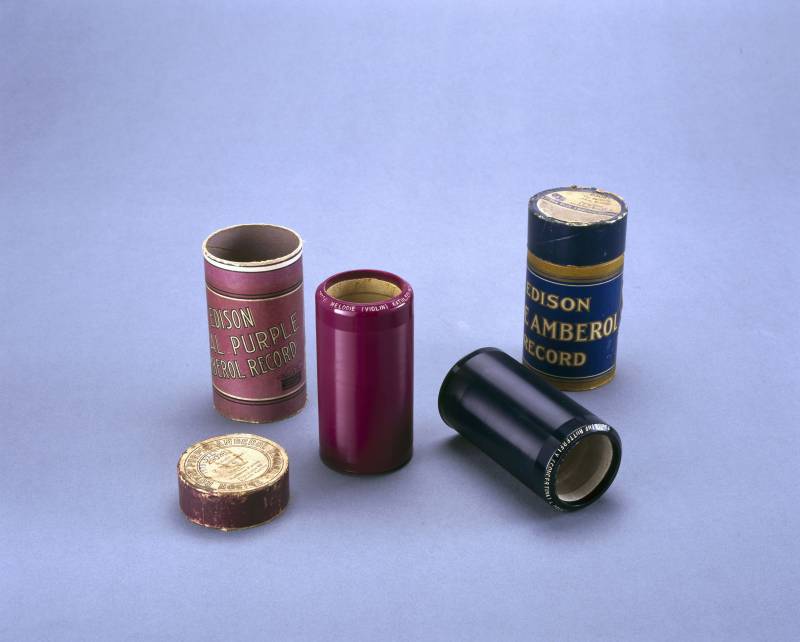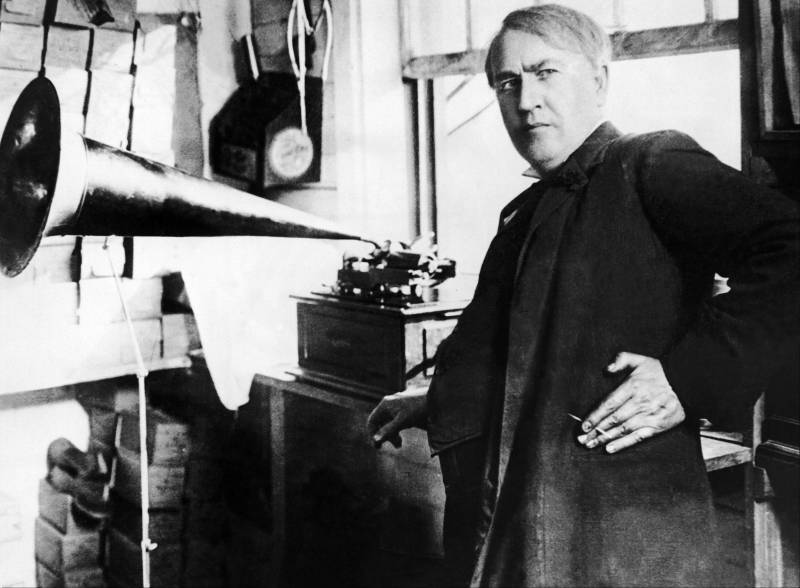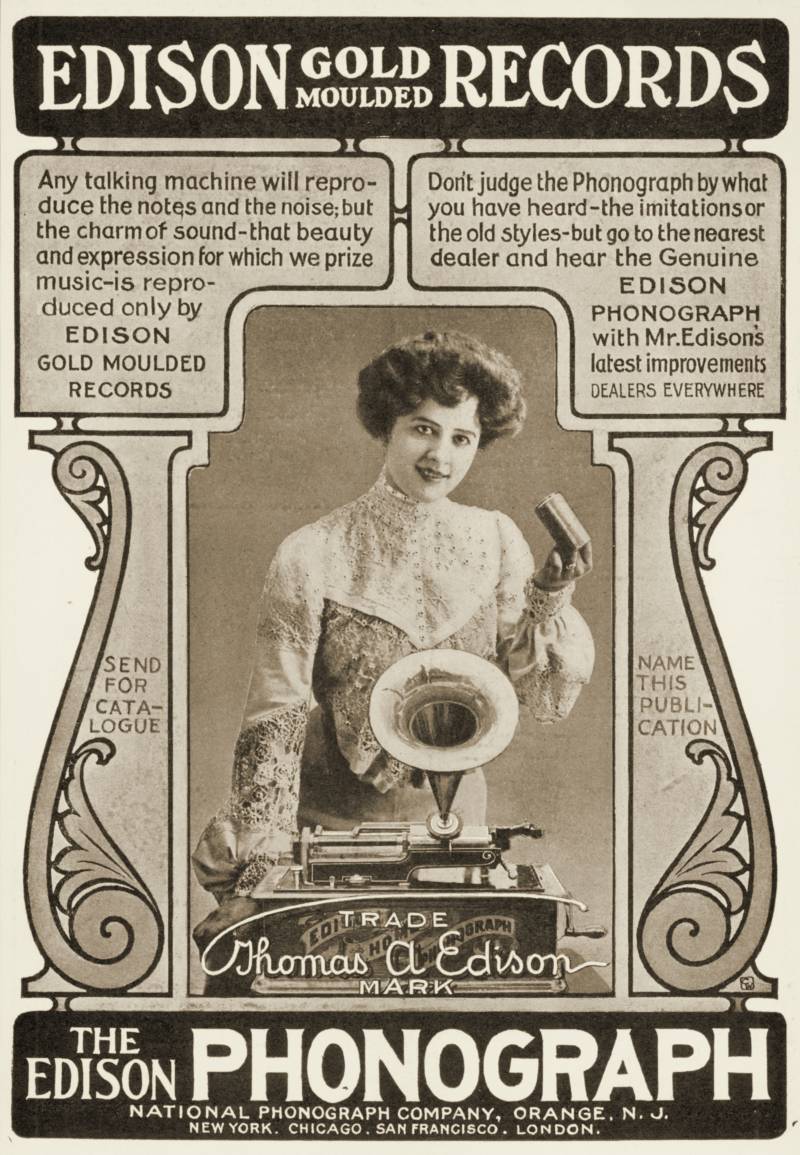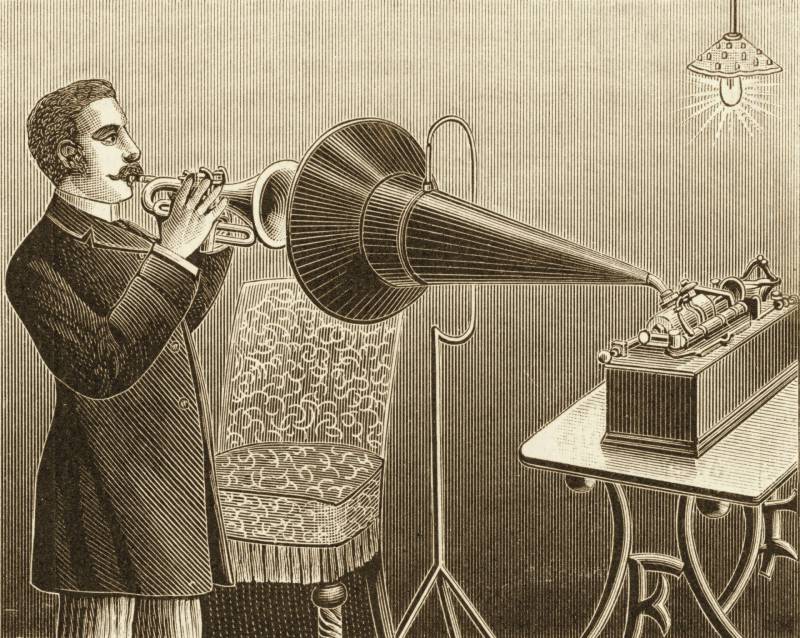In the days of yore, before digital recording, cassettes, vinyl and even 8-tracks existed, there lived audio cylinders — also known as tin foil phonographs. These circular tin, foil and wax objects were all the rage between the 1880s and 1920s, having been invented by Thomas Edison so that humans could listen to music and make their own recordings. They captured songs, comedy acts, readings of all descriptions, messages between families and — that perennial favorite — out-of-tune children singing at home.
You name it, people a century ago phonographed it, leaving behind a compelling (and infinitely weird) snapshot of life and culture at the turn of the 19th century. Which is why UC Santa Barbara has taken the time to archive 10,000 surviving tin foil phonographs in the Cylinder Audio Archive. That archive is now all online, organized by theme, and incredibly easy to search using key words. (Certainly a lot easier than trying to locate and play the original cylinders.)

Here are five of the most astonishing things I stumbled across while exploring the archive.
Frisco, Frisco and More Frisco
Are you one of the (incorrect) people who thinks “Frisco” is only used by tourists? Are you perhaps one of those Herb Caen fans who agrees with his 1953 assertion that “Frisco is a nickname that reminds the city uncomfortably of the early, brawling, boisterous days of the Barbary Coast”? Hey, maybe you’re just too damn fancy to truncate place names.




